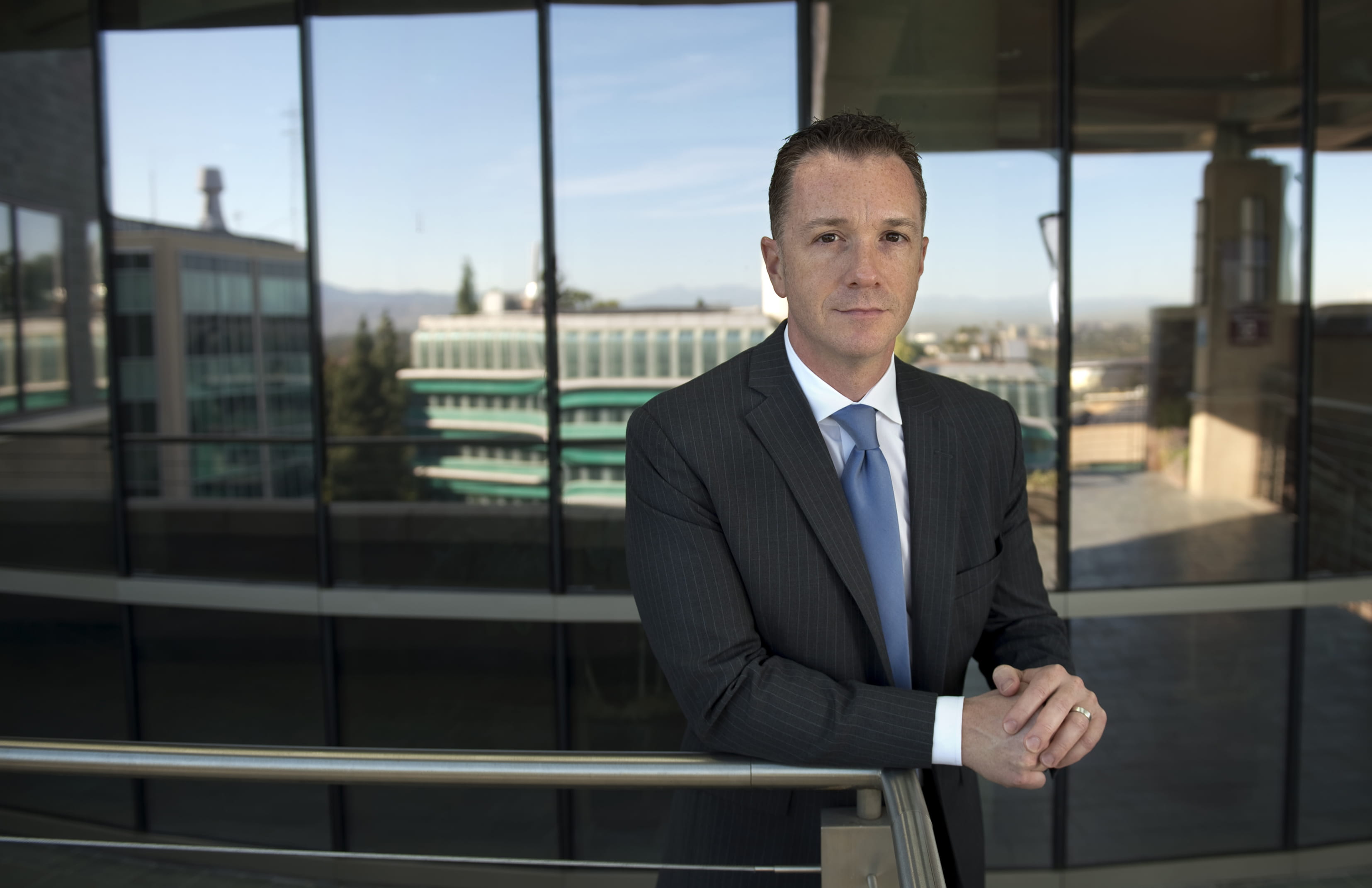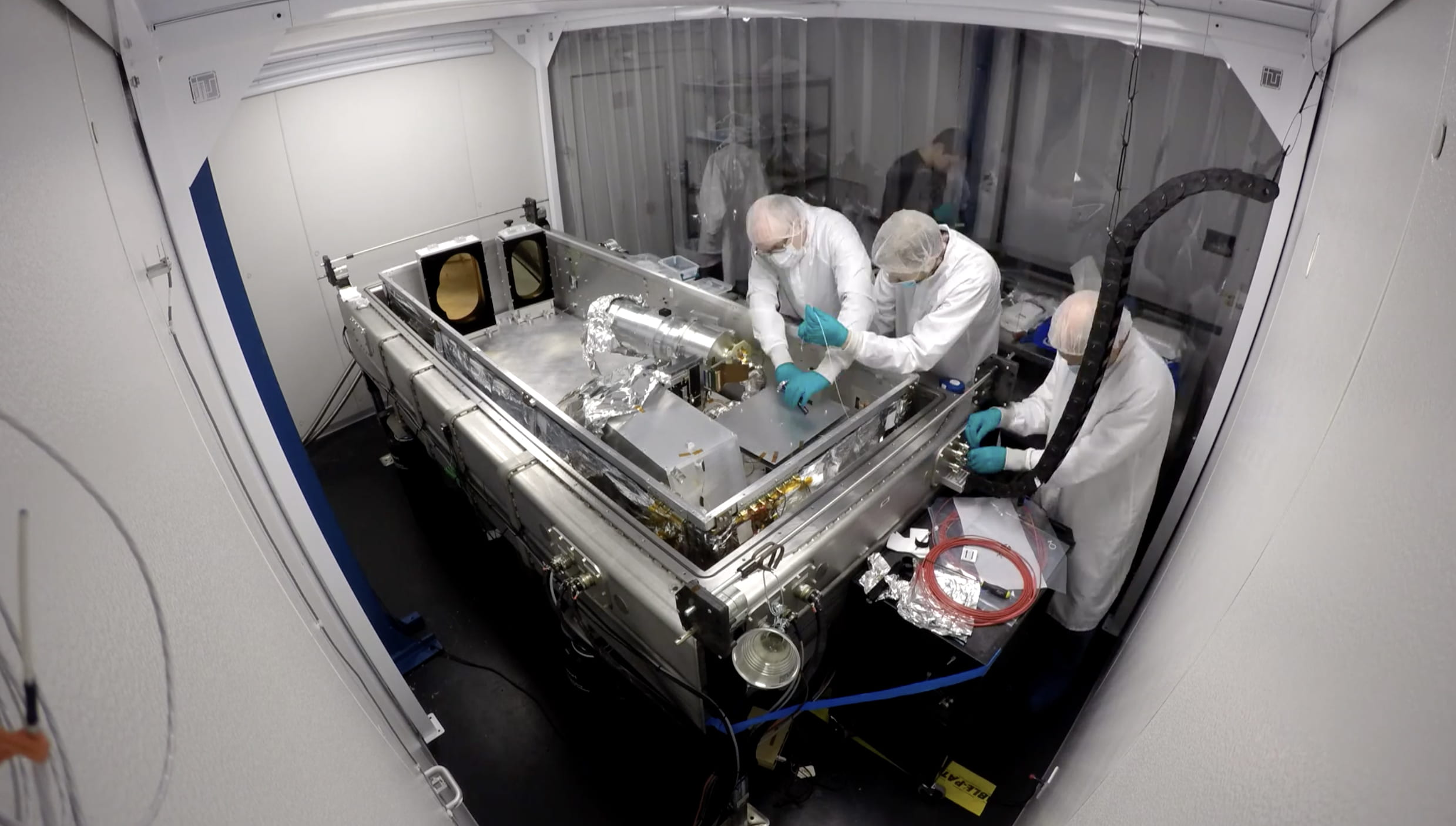Dementia developments
Co-hosted by UCI MIND, the 30th Annual Southern California Alzheimer’s Disease Research Conference will share recent discoveries

The national and international burden of Alzheimer’s disease and related dementias is increasing rapidly – in the U.S., 5.8 million people are affected, a number expected to triple by 2050 – prompting an urgency among researchers to find effective treatments.
The 30th Annual Southern California Alzheimer’s Disease Research Conference, hosted by the UCI Institute for Memory Impairments and Neurological Disorders along with Alzheimer’s Orange County, will take place Oct. 25 at the Irvine Marriott hotel to highlight promising recent discoveries.
“So far, research has led to improved understanding, earlier diagnosis and increased clinician confidence in diagnosis as new tools have become available,” says Joshua Grill, director of UCI MIND and associate professor of psychiatry & human behavior as well as neurobiology & behavior. “The key to proper management of the disease is proper diagnosis, and the hope now is that this work will lead to better treatments and preventions for patients.”
People with Alzheimer’s and their relatives are affected financially, physically and psychologically. And misunderstanding – even misinformation – can exacerbate the challenge. Researchers at UCI MIND, Orange County’s only state- and federally funded Alzheimer’s Disease Research Center, fill a vital role as local experts, educating practitioners and families about existing knowledge and advances to guide critical decisions about care.
“Our educational efforts are extensive and have become more diverse, focusing on specific populations such as families with Down syndrome and local Asian American communities,” Grill says. “We anticipate that this will only increase in the future, as Alzheimer’s and related dementias impact all populations.”
Chelsea Cox, associate director of education at UCI MIND, hopes that the annual conference provides a productive space for researchers and community members to discuss disease-related issues and progress toward a cure. “The more we talk about it and educate ourselves and others, the more equipped our community becomes to confront and de-stigmatize dementia and better support those affected.”
This year’s conference, from 7:30 a.m. to 4 p.m., will highlight significant developments in laboratory science, technology and public health that have improved the understanding, treatment and prevention of Alzheimer’s disease. It will feature a resource fair and a panel – comprising a scientist, a UCI geriatrician, a caregiver, a UCI nurse and a study participant – exploring research and care issues.
One of six guest speakers, Dr. Rebecca Gottesman, professor of neurology and epidemiology at Johns Hopkins University, will delve into the critical links between heart health and brain aging and identify lifestyle factors known to increase and decrease the risk of Alzheimer’s disease and other forms of dementia.
Dr. David Sultzer, UCI professor of psychiatry & human behavior and a specialist in geriatric psychiatry, will address advances in clinical diagnoses of Alzheimer’s that incorporate knowledge of the disease’s human costs. He is a clinical trials adviser at UCI MIND.
Dr. William Jagust, professor of public health and neuroscience at UC Berkeley, will discuss brain imaging for the identification of Alzheimer’s and how the technique is transforming the field. Jagust was among the first to use MRI to measure structural brain changes, and his lab continues to pioneer approaches involving brain imaging to shed light on brain aging.
And Chancellor’s Professor Frank LaFerla, dean of UCI’s School of Biological Sciences and former director of UCI MIND, will give a talk on how mouse models are used to study the disease, challenges with current models, and efforts to create new and improved models that will propel research forward. LaFerla invented the first mouse model to develop amyloid plaques and neurofibrillary tangles, which attack neurons and synapses in the brain and contribute to memory loss in Alzheimer’s patients.
Opening remarks will be provided by UCI MIND’s founding director, Carl Cotman, among others. For more information on the 30th Annual Southern California Alzheimer’s Disease Research Conference on Oct. 25, see the event’s website.


